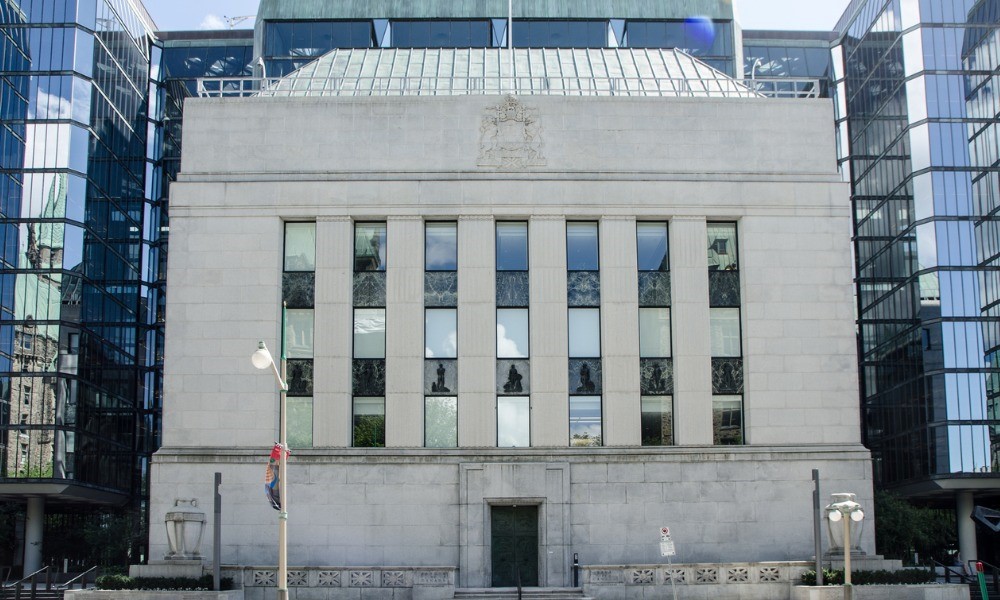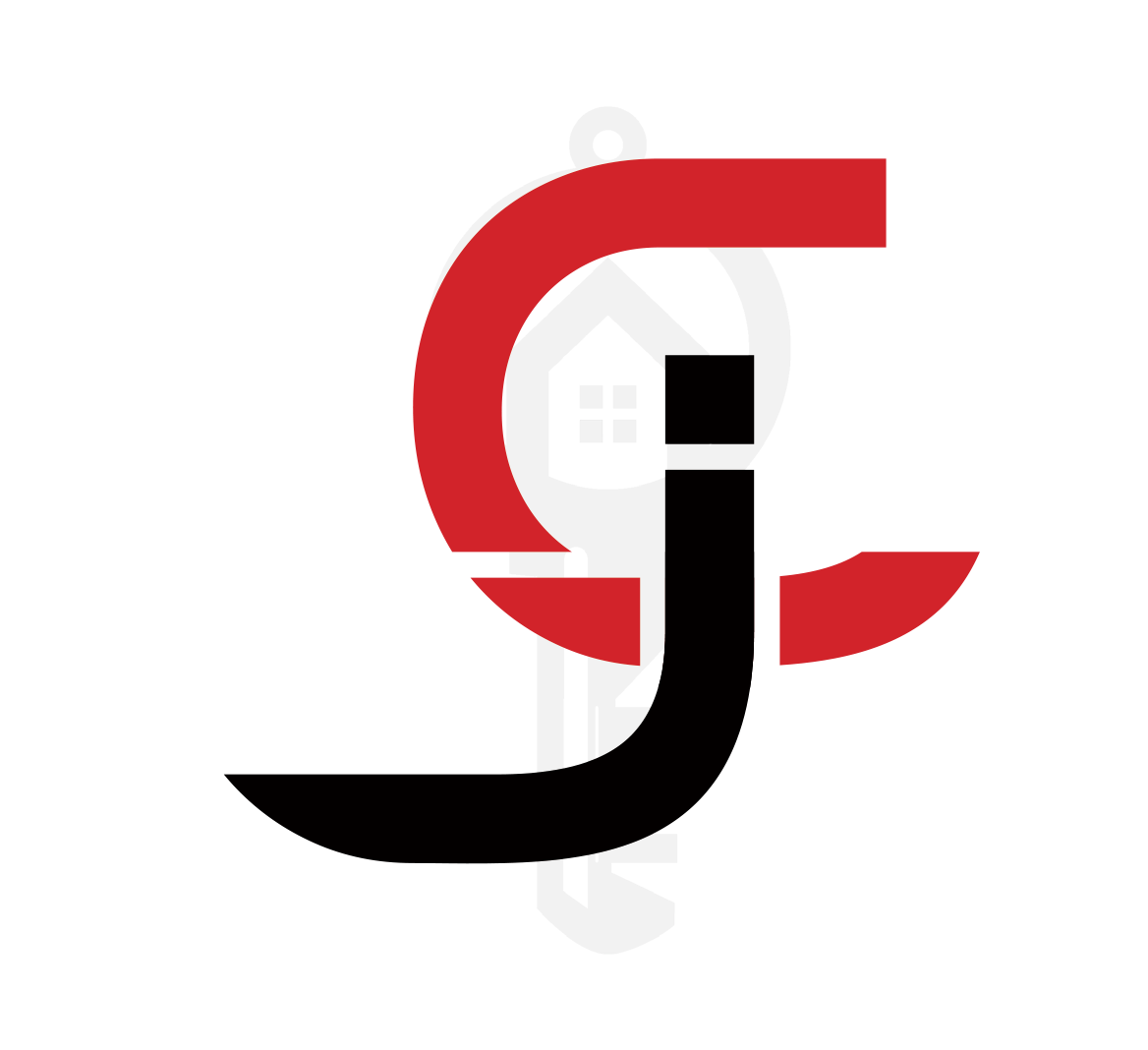Buying a home is an exciting milestone, and having a professional, experienced realtor by your side can make all the difference in navigating the process smoothly and successfully.
For first-time homebuyers who may be wondering, “Is hiring a real estate agent worth it?” the answer is a resounding yes. The real estate market moves quickly, with buyers and sellers constantly negotiating one of life’s most significant investments.
When you hire a realtor, you gain a knowledgeable advocate who will guide you through every step, from searching for the perfect home to handling legal paperwork, negotiating prices, and protecting your best interests.
To help you make an informed decision, we’ve compiled a list of essential factors to consider when hiring a realtor.
Questions to Ask When Choosing a Realtor
A realtor plays a crucial role in your home-buying journey, so it's important to choose one who aligns with your needs and goals. Here are some key questions to ask:
How long have you been in real estate?
Experience is invaluable in the real estate industry. A seasoned realtor possesses extensive market knowledge and insights into local neighborhoods, ensuring they can recommend the best options tailored to your needs.
An experienced realtor also brings problem-solving skills, effective negotiation strategies, and a seamless approach to managing challenges that may arise during the buying process.
How many homes have you sold recently?
A realtor's track record can provide insight into their expertise and effectiveness. Realtors with a history of successful transactions and satisfied clients demonstrate their ability to navigate the market efficiently and secure the best deals for buyers.
Additionally, consider asking how long, on average, their clients take from the first home showing to closing. While timelines vary, this information can help set expectations for your journey.
What services do you offer buyers?
Realtors provide varying levels of service. Understanding what a realtor offers can help you gauge their approach and resources. A full-service realtor typically provides market insights, home search assistance, contract negotiations, and post-purchase guidance, ensuring a smooth experience from start to finish.
Tips for Hiring the Right Realtor
Finding the right realtor is a significant step toward achieving your homeownership goals. Here are some final tips to ensure you choose the best professional for your needs:
Work with a Realtor You Trust
Your realtor is more than just a professional guide—they're your partner in this important life decision. It’s essential to work with someone who understands your needs, values your goals, and makes you feel comfortable throughout the process.
A great realtor will prioritize your interests, identify homes that match your lifestyle, and help you make informed decisions with confidence.
Verify Licensing and Read Reviews
Before hiring a realtor, confirm that their licensing is up to date. Additionally, reading client reviews can offer valuable insights into their reputation, work ethic, and level of service.
At the end of the day, past clients’ experiences can be a strong indicator of what you can expect.
Are you seeking a reliable realtor in the Lower Mainland? Reach out to Jennifer & Colleen today to begin your journey!











